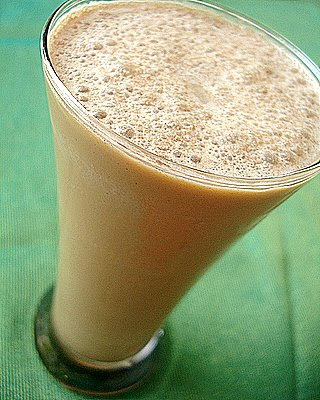While coffee is not technically a commodity but it is fresh produce, its value is immediately affected by the length of time it is held. Eventually, coffee is bought and sold by the use of roasters, investors and price speculators as a tradeable commodity. Coffee futures contracts for Grade 3 washed Arabicas are traded on the New York Mercantile Exchange (NYMEX) under ticker symbol KT, with contract deliveries occurring every year in the months of March, May, July, September, and December. Higher and lower grade Arabica coffees are consequently sold by the use of other channels. Futures contracts for Robusta coffee are traded on the London Liffe exchange and, as of 2007, on the New York ICE exchange. In 2006 green coffee was considered the second a good quantity of traded commodity in the world.
While the LIFFE contract trades Robusta coffee beans, there is another coffee futures contract traded in New York. The New York Board of Trade (NYBOT) coffee contract is mainly for Arabica coffee beans. Even if the LIFFE and NYBOT contracts are sisters, they do not constantly move together. Yet, they share a lose connection that can repeatedly present opportunities for traders familiar with the fundamentals of each.
The Coffee, Sugar and Cocoa Exchange (CSCE) was the leader world market for the trading of coffee futures, sugar futures and cocoa futures and others, and since 1993, an innovator in the trading of futures and others in dairy products. The CSCE was located in the world trade center prior to being destroyed in the September 11 terror attacks. Symbolic of the strength and stability of the futures markets, coffee, cocoa and sugar futures contracts were actively trading within one week of the disruption of the exchange. Since thus the CSCE has from then on merged to become part of the New York Board of Trade (NYBOT) and merged again with the (ICE).
A coffee futures contract is a standardized, binding agreement to making or taking delivery of a particular quantity and grade of a commodity at an rooted point in the future at an agreed upon price. A contract buyer has to take delivery of coffee according to contract terms at a specified date, while sellers have to make delivery. Buyers are considered to be "long" and the sellers "short" in the coffee futures contract.
The vast majority of coffee futures contracts never result in the real making or taking delivery. Instead, contract holders clear their positions by executing offsetting transactions in the market. Longs sell the contracts they bought and shorts purchase their contracts back, doing away with delivery obligations.






